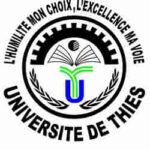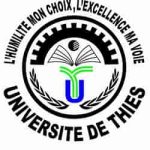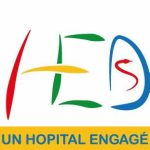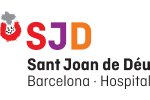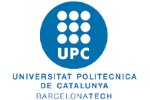bachelor's degree IN ORTHOPAEDICS
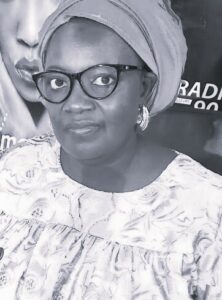
Senegal lacks trained personnel to detect visual disorders among its population, with consequences ranging from school failure to a very high number of traffic accidents. Orthoptics deals with the detection and rehabilitation of visual disorders. This bachelor degree is the first in West Africa and will help us to improve this situation. Having shared the supervision of the Diploma in Paediatric Ophthalmology at UCAD with OCULARIS; it was only natural that I thought of them to help me offer a degree with quality content adapted to our needs.
Doctor Aissatou Wane
Coordinator of the Orthoptics degree at the University of Thies.
Why ORTHOPTICS?
Orthoptics is a paramedical discipline that diagnoses and re-educates disorders of vision and binocular mobility (ametropia, strabismus, convergence disorders, etc.). Orthoptists assess the ability to fuse images from both eyes and coordinate eye movement. They prescribe exercises and therapies to improve binocular vision. It is a complementary speciality to ophthalmology.
Orthoptics applied to children focuses on the treatment of visual disorders such as “lazy eye”, refractive defects and strabismus. The detection of visual disorders in childhood is key to preventing problems in school and social life resulting from poor vision. Senegal, with a population of 17 million, has only two orthoptists (ref. University of Thies 2022).

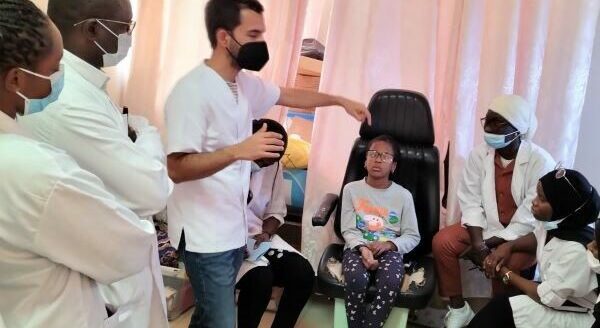


Implementation of the Bachelor's degree
Dr. Aissatou Wane is a Senior University Lecturer and Head of Ophthalmology at Diamniadio Children’s Hospital, the country’s leading paediatric hospital. In 2022, she asked OCULARIS for support to improve the contents of this 3-year Bachelor Degree created in 2020. Accessible directly after the baccalaureate, it can accommodate up to 12 students per class. It is a general training in orthoptics, valid for both adults and children. However, as the internship will take place in the children’s hospital of Diamniadio, the most populated area of the country, special emphasis will be placed on paediatric care. The overall objective is to train the future teaching staff of the degree programme by providing them with support over a period of 5-6 years.
PHASE 1:
TEACHERS selection & content IMPROVEMENT (2022-2023)
Revision and adaptation of the existing course, creation of additional content as necessary.
First practical training sessions with the students of the on-going edition.
Selection of 1 to 2 prospective teachers out of on-going student body
PHASE 2:
TRAINING OF TRAINERS (2023-2027)
Formation of the university teachers together with the students of the bachelor. Face-to-face accompaniment performed by OCULARIS in the practical and theoretical sessions during 3 editions.
Practical teaching features 2 sessions of 2 weeks each year, and an internship abroad in the final year.
PHASE 3:
FINAL HANDOVER (2027-2028)
Full transfer of methodology and content to local teachers.
Evaluative accompaniment of the local teachers until they feel completely confident (the exact final date will depend on their individual needs).
SENEGAL SOCIAL AND HEALTH CONTEXT
According to United Nations data (2021), Senegal is among the poorest countries in the world. Its birth rate of more than 4 children per woman reflects both the high level of gender inequality and the great need for paediatric care professionals.

